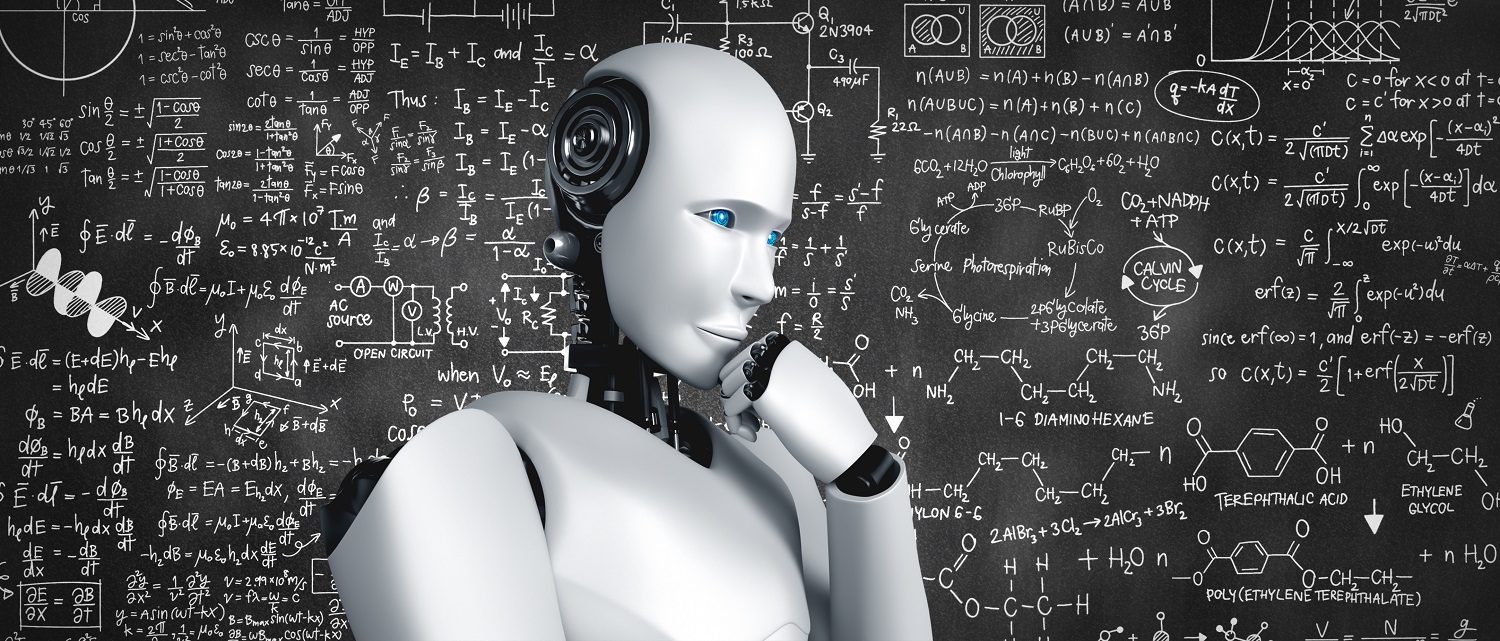Taking the world by a storm, Artificial intelligence has been revolutionizing industries since its inception. With the proliferation of technology, AI has progressively found its way to integrate with our day-to-day activities. With the attempt to make our lives easier, Siri is able to make calls for us, Cortana can wake us up in the morning, Alexa can answer all our questions. Phew! The chores these intelligent virtual assistants can do are remarkable. Even though the benefits of AI are immense, it has not been able to find its way into the education system yet.
There’s this undeniable debate about the correct way of teaching: Is it the artificial way or emotional way? With both the ways having their own pros and cons, some of the advantages of AI in education include adapting to the needs of individual students, automating administrative tasks of the teachers so that they have more time to plan interactive activities for the students etc. A review by a student on Squirrel AI Learning, a K-12 EdTech company said that he wished there were more interactions with a human teacher. We can say for a fact that the future of AI in education system will be AI-supported not AI-led.
Let’s explore more on how the future of education will be AI-assisted:
Leave the tedious & repetitive tasks to AI
Nowadays teachers have multiple things to take care of in a short span of time. With the implementation of AI, all the procedural and repetitive tasks such as grading test papers or homework having multiple choice options or check boxes can be efficiently handled without human intervention. The days are not far when an AI bot will be capable enough to evaluate and grade beautifully written essays also.
Crafting curriculum based on student needs
Every student is unique and has his/her own pace of learning & understanding concepts. One of the prominent ways AI can impact the education industry is by being capable to develop personalized teaching programs tailored according to the needs of the student.
Improving the way teachers teach
Coursera, an online learning platform, uses machine learning and AI to guide the students more effectively. Whenever a student gives a wrong answer, it sends an alert to the teacher. Also, giving hints to other students who encounter problem in the same question. In short, AI in online education leads students to the correct answer.
Real-time evaluation and feedback
With data being continuously analyzed through AI and machine learning, multiple patterns can be evaluated which in-turn can provide real-time insights to students and teachers. The program can suggest areas of improvement to the students as well as suggest similar topics to read for further knowledge enhancement.
CONCLUSION
No matter how advanced AI gets, there will always be a fine line between real teachers and AI teachers where AI can never be as insightful as a human brain. It surely lacks intelligence when it comes to creativity and imagination as of now. The use of AI in education system in the future will be seamless once it learns how to evaluate subjective & imaginative topics.









